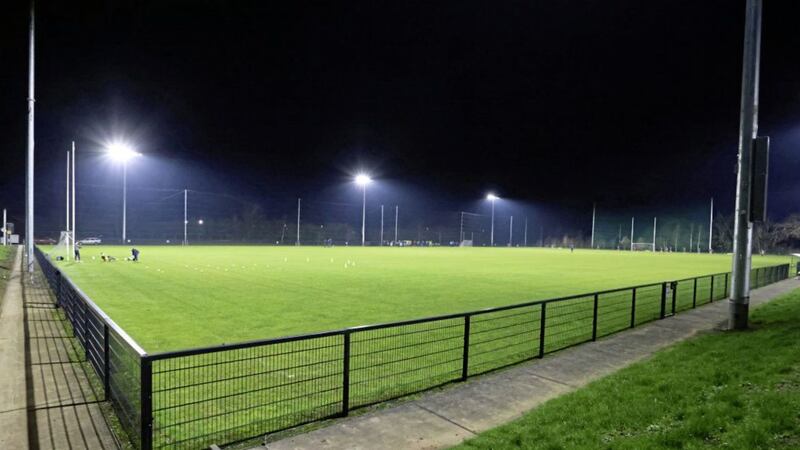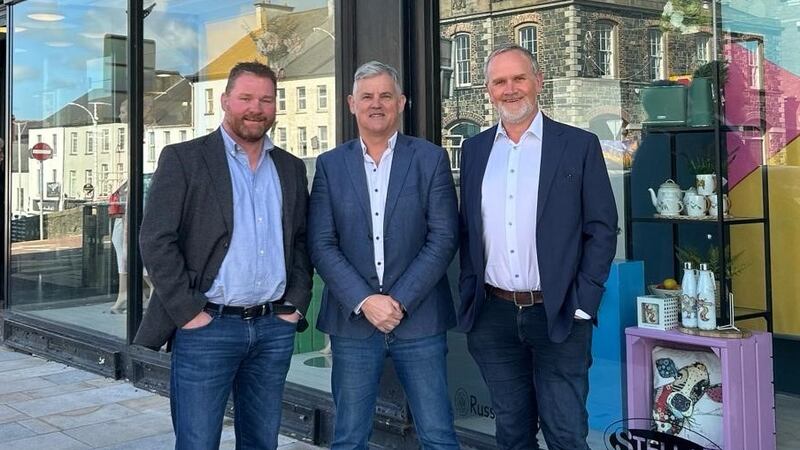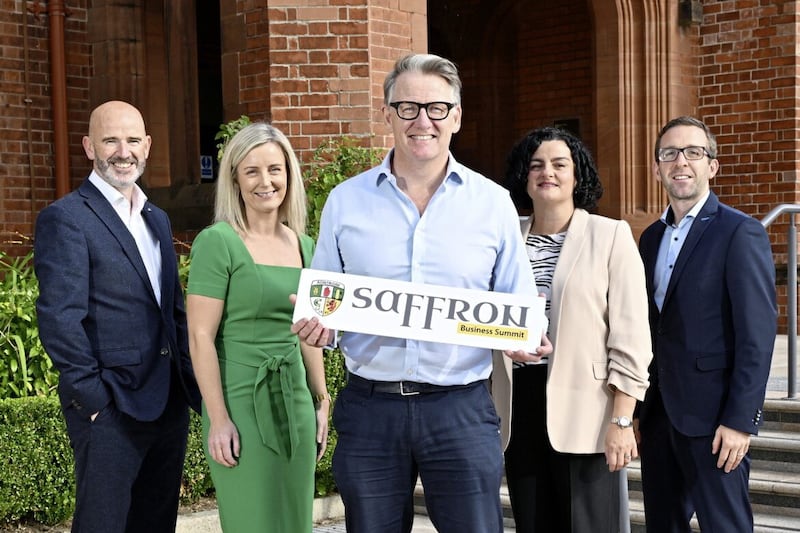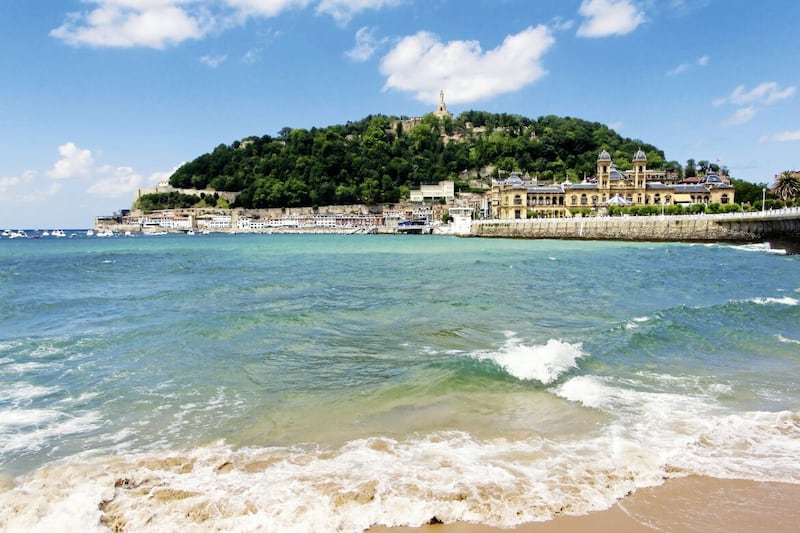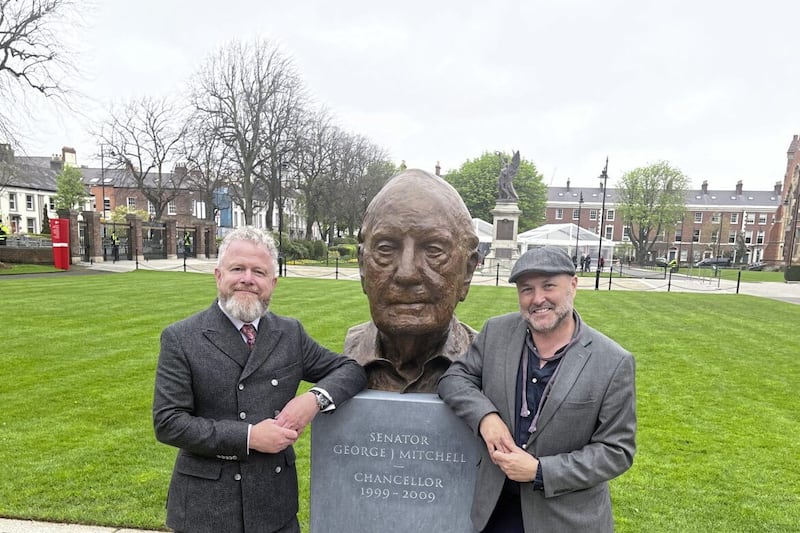I mentioned in a previous column back in February that since last October, I’ve been co-managing the Antrim minor football team.
Last weekend I had been thinking about the run-in to our first championship game which was away to Monaghan on Friday past. Monaghan have won two out of the last four Ulster Minor Championships and were also beaten in the final by the brilliant Derry team which won the All-Ireland in 2021.
It’s fair to say they have decent pedigree. We had just come through a very tough Ulster minor league campaign, conceding sixteen goals and fifty five points in four successive defeats to Armagh, Down, Tyrone and finally Monaghan, who put five goals and sixteen points past us in a drubbing in Belfast on April 2nd.
Things looked pretty bleak, though we and the players knew we were far better than those league results suggested based on six months of hard work where we had done our best to leave no stone unturned in our preparations.
So, Saturday week ago, with six days to go before the championship game, I was reading an interview with an American/Israeli academic Oded Galor, author of a new book called ‘The Journey of Humanity: The Origins of Wealth and Inequality’.
Galor is a very interesting character and part of the interview reminded me very much of a tactic adopted by a former GAA manager of mine, now Professor Peter Finn, Principal of St Mary’s University College.
Back in the 1990s, when Peter took over the St Paul’s team that I was playing on, we had never won a senior football championship, though we were experts in the league.
I think we won six Division One titles in that period. Despite having a very strong team, we had struggled to get over the line in the championship and had already lost a number of semi-finals and finals before Peter took over.
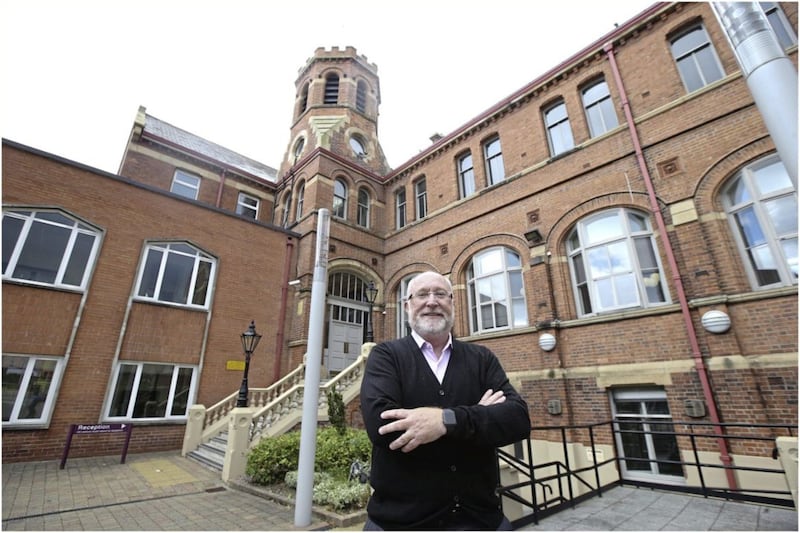
Amongst a range of other changes, Peter recognised a tactic was needed to help us overcome any mental hurdles there might be, and he introduced us to the work of the Austrian philosopher, Karl Popper.
I’m not kidding here.
Popper’s most famous book, The Poverty of Historicism, essentially says that no scientific theory based on past events, can accurately predict or dictate the future.
In other words, from a St Paul’s perspective, just because we had lost big championship games in the past, it shouldn’t follow that we would lose them in the future.
Simple really. The rest is history, as they say, though it’s worth noting that Karl Popper was actually listed as a substitute for the St Paul’s team that beat Killybegs in the Ulster Club Championship in 1996. Peter enjoyed that little bit of mischief, as did the players.
Jumping forward to the weekend before last and Galor’s interview. Galor’s field is development economics and his book seeks to shed light on two questions: how did humanity rise to its present level of prosperity; and why has the growth not been universal across cultures?
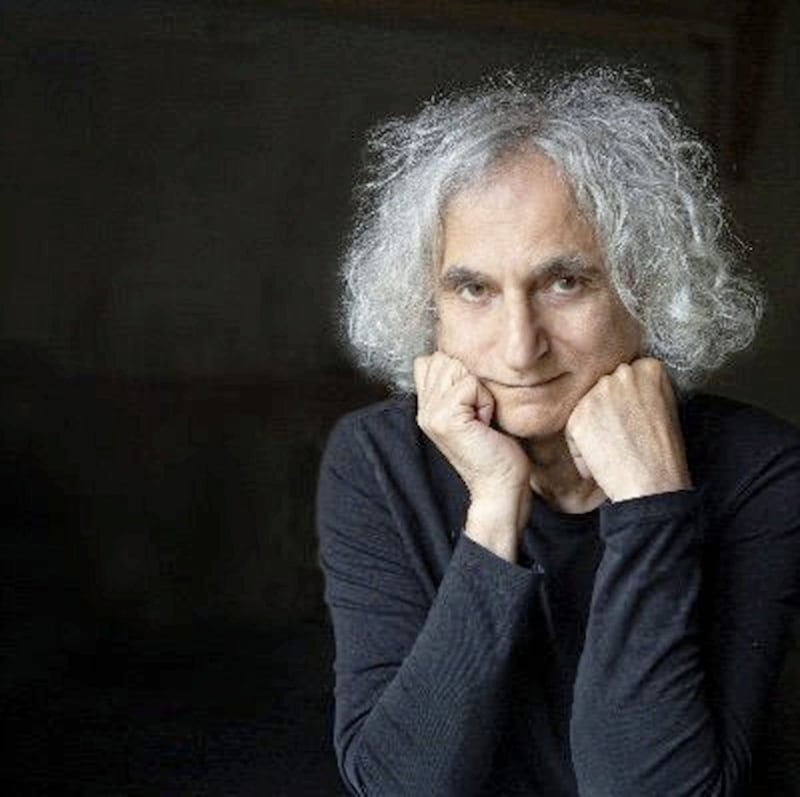
Explaining how humanity got to this point, Galor calls the Mystery of Growth and the imbalanced nature of development across cultures and subsequently, nations, he calls the Mystery of Inequality.
The book looks very interesting and has been given stellar reviews, Galor talked about how different cultures’ pre-industrial approach to agriculture had a direct influence on their speed and type of development.
He says that for a while he thought that historical practice did dictate the future economic growth of nations but then he changed his mind: “No, there is no historical determinism. History is very important, but if we understand it, we can design our futures”, he said.
Of course, Karl Popper and Peter Finn came floating back to me, when I read that.
And so, when eating our pasta after training finished at the Antrim GAA Centre for Participation in Dunsilly the night before the Monaghan game last week, I told our players the story of Karl Popper and how he even ended up listed as a substitute on the St Paul’s team in 1996.
I am not making any big claim about how our players got past the 17 point drubbing from Monaghan to win by six last Friday night but they did release themselves from any fear or apprehension they might have had and played the game they were capable of playing. It was a joy to be part of.
It’s the first match and we’re not running ahead of ourselves at all; it’s one game at a time for us but my lesson from Galor, Popper and a brilliant group of young Antrim gaels is that what’s happened in the past does not dictate what may happen in the future (though it may have an influence) and that’s a valuable lesson for business, and life more generally, I think.
Paul McErlean (paul@mcecomms.com) is managing director and founder of MCE (www.mcecomms.com)
